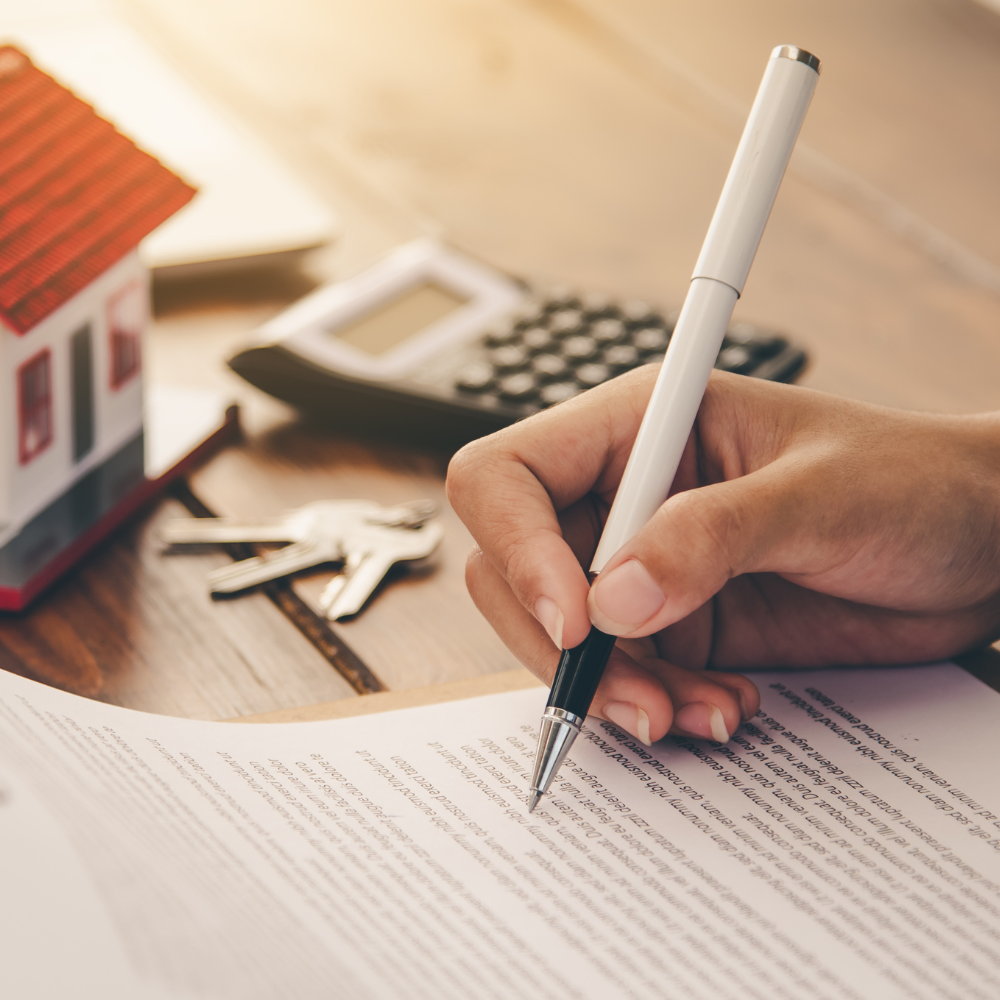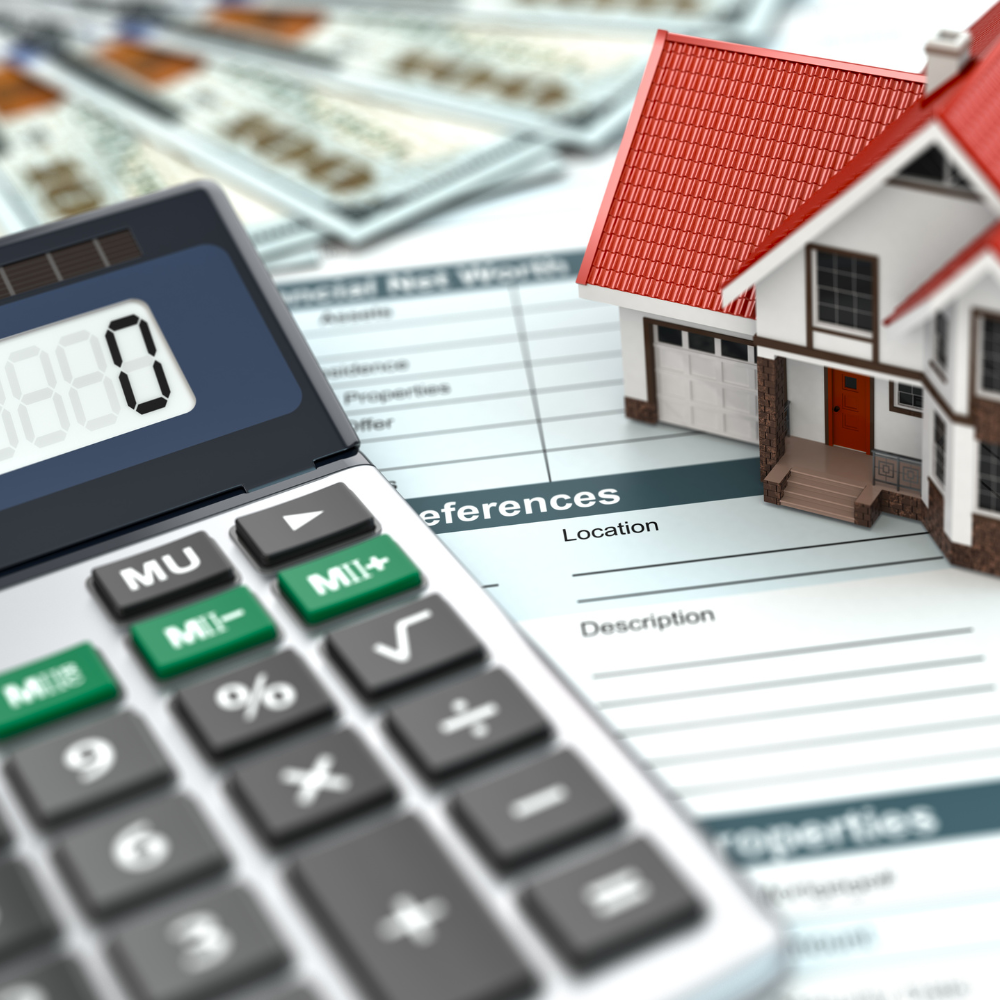
Buying your first home is a milestone filled with excitement and challenges. Understanding the process can help you make informed decisions and navigate the journey with confidence. Whether you’re exploring financing options, searching for the perfect property, or ready to make an offer, our comprehensive guide for first-time home buyers is here to assist you every step of the way.

Budget Wisely: Before diving into property listings, it’s crucial to assess your finances. Determine how much you can afford by considering your income, savings, debts, and future expenses. Utilizing online mortgage calculators can provide a preliminary estimate of your buying power.
Understand Financing Options: Familiarize yourself with the different types of mortgages available, such as fixed-rate, adjustable-rate, and government-insured loans. Each has its advantages and eligibility criteria, catering to diverse financial situations and preferences.
Pre-Approval Advantage: Obtaining a mortgage pre-approval from a lender can significantly strengthen your offer on a home. It shows sellers that you’re a serious and qualified buyer, giving you an edge in competitive markets.

Identify Your Needs and Wants: Create a list of must-haves and nice-to-haves. Consider factors like location, size, type of home (single-family, condo, townhouse), and amenities. This will streamline your search and help your real estate agent find properties that match your criteria.
Explore Neighborhoods: Research different areas to find one that suits your lifestyle and budget. Pay attention to local schools, safety, commute times, and community amenities.
Home Inspection: Once you’ve found a home you’re interested in, a thorough inspection is crucial. It can uncover hidden issues that could cost you down the line. Always use a professional inspector to evaluate the property’s condition.
Making an Offer: Your real estate agent will help you draft an offer based on comparable home sales in the area, the home’s condition, and your budget. Negotiation is part of this phase, so be prepared for counteroffers.
Closing the Deal: After your offer is accepted, you’ll enter the closing process, which includes finalizing your mortgage, conducting a title search, and completing a myriad of legal documents. Closing costs can range from 2% to 5% of your loan amount, so plan accordingly.
Move-In Day: Congratulations! Once the paperwork is signed and the keys are in hand, the home is officially yours. Now, the adventure of making it your own begins.

Q: How much down payment do I need? A: The traditional down payment is 20% of the home’s purchase price, but there are programs available that allow for lower down payments. FHA loans, for example, can go as low as 3.5%.
Q: Should I buy a home now or wait? A: The decision to buy a home depends on your financial stability, the local housing market, and your personal circumstances. If you’re financially prepared and find a property that fits your needs, buying sooner rather than later can benefit you before interest rates or prices rise further.
Q: How do I choose the right mortgage? A: Consider your financial situation, how long you plan to stay in the home and the current interest rates. Fixed-rate mortgages offer stability, while adjustable-rate mortgages may start lower but can increase. Consulting with a mortgage advisor can help you make the best choice.
Q: What are closing costs, and how much should I budget for them? A: Closing costs include fees for loan processing, title insurance, appraisals, and more. They typically range from 2% to 5% of the loan amount. It’s wise to budget for the higher end to avoid surprises.
Q: Can I buy a home with bad credit? A: While having good credit opens more financing options, there are programs for buyers with lower credit scores. FHA loans, for example, are more lenient on credit requirements. Improving your credit score before applying for a mortgage will offer more favourable terms.

Posted by MortgageApplyOnline On March 20th, 2024